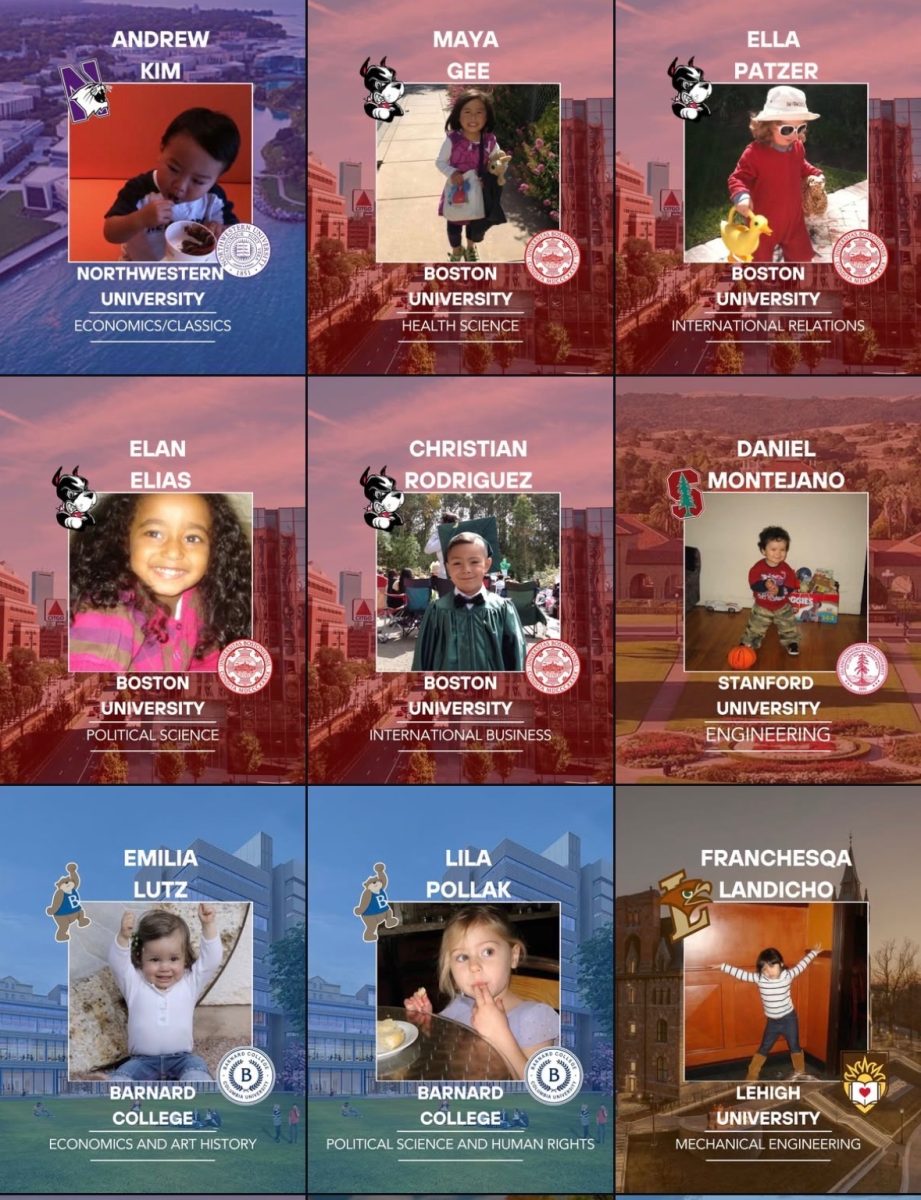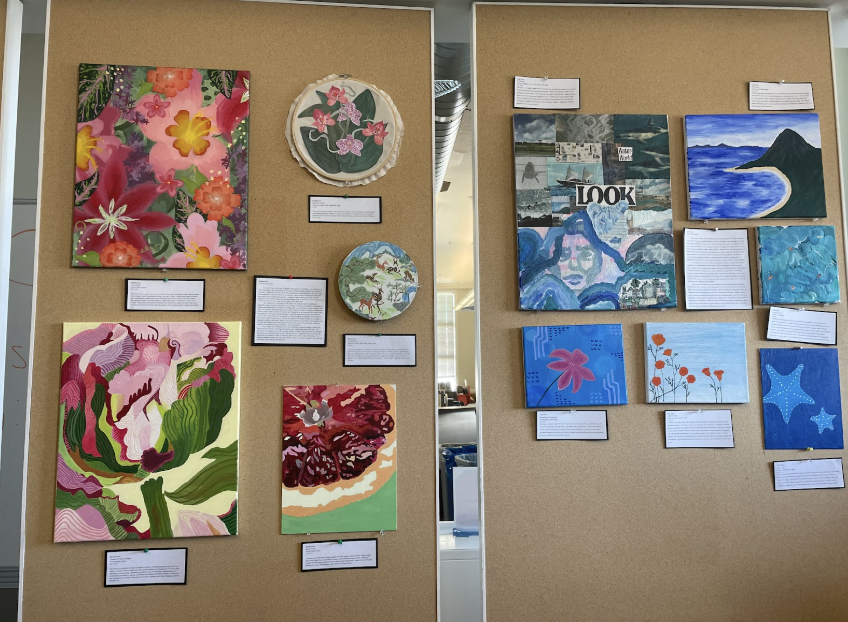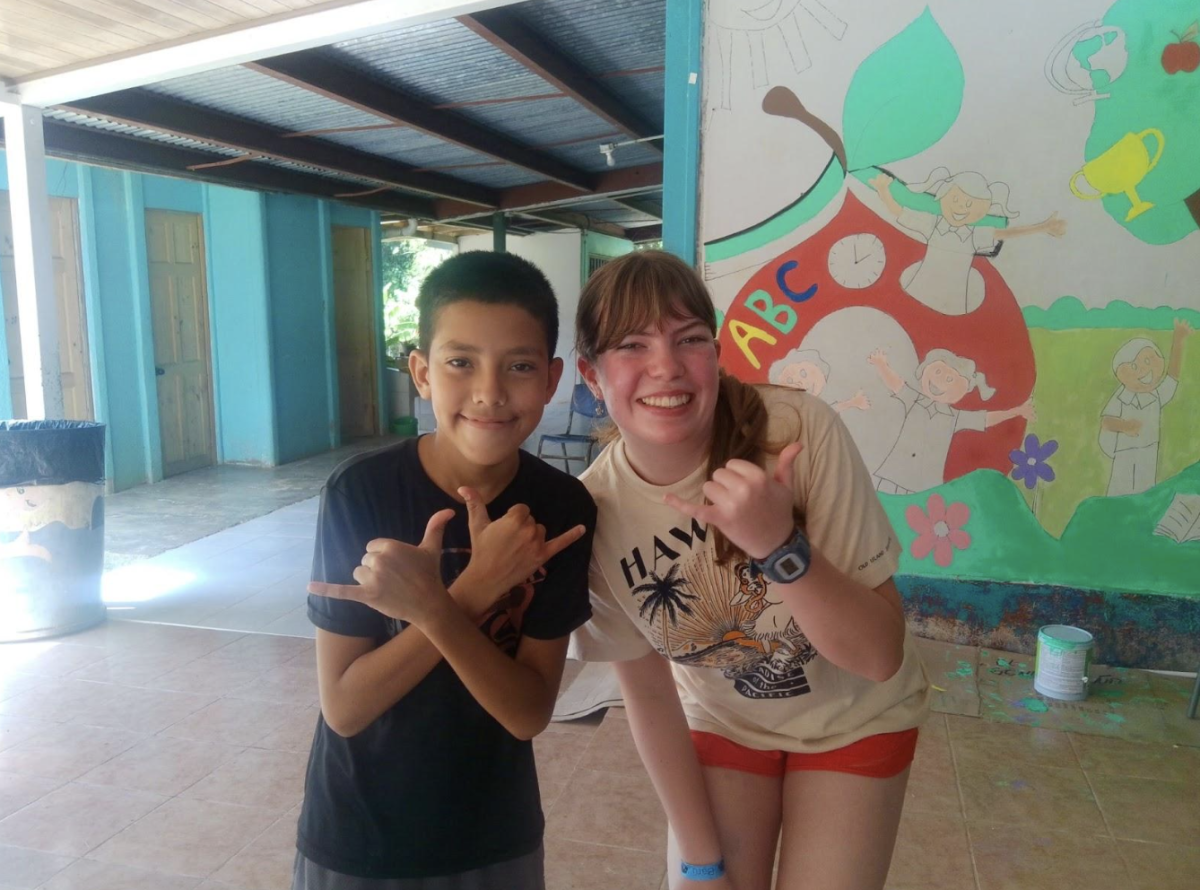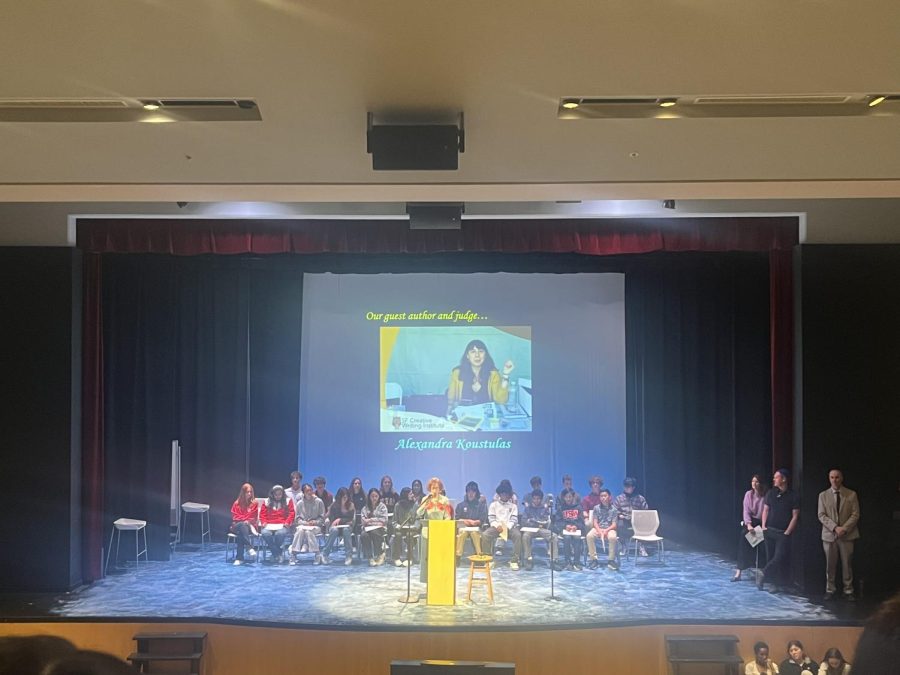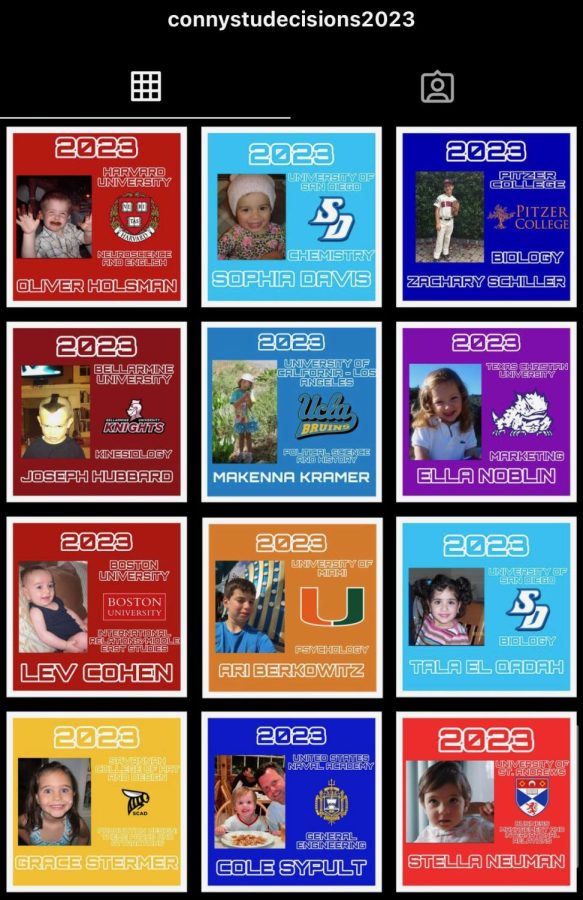Zoë Newcomb
Editor-in-Chief

It seems everyday a different adult tells me that “kids these days work too hard” and to “enjoy childhood while I can.” I certainly wouldn’t mind throwing the books aside in favor of going to the beach with my friends. But as teenagers my own age run through the streets protesting in Egypt and are coming up with the solutions that just might save their country from turmoil, I wonder if I really should toss everything aside in favor of just having a little more fun.
In a day and age when technology is rapidly shrinking the size of the world, “being a teenager” might just be what is putting America behind.
Scores from the 2009 Programme for International Student Assessment released last December ranked the U.S. as 14th in reading, 17th in science, and 25th in math out of 34 countries surveyed. These “average” or “below average” scores indicate a fundamental problem in the way Americans view education — as pressure on kids to do well seems to multiply every year, scores continue to fall short of expectations.
The burden of carrying a heavy school load and still not being good enough is exactly the type of thing that can drive students away from caring about getting an education. Maybe the issue is not how hard students are working, but what they’re working on.
Someday, technology will be entwined in every aspect of life, and while American teenagers are using it to advance their social lives, students in Egypt are using Twitter to mount a social movement.
The assumption that students are unable to connect the things they learn in textbooks with real life applications may be the disconnect that is holding students back from success. South Korea, a country that leads the world in education, is also the first in the world to provide high-speed Internet to all students from primary to high school. Students in Egypt are using Twitter to mount an entire social movement. It is that sort of innovation that will lead the world into a new era.
Everyday students go home and open up Facebook, Skype with a faraway friend or send a text message to a classmate. Instead of these applications simply distracting students from school, they could be tools used in the classroom. If educators and students find a way to incorporate the things that define this generation into the classroom, America just might see a revolution in education.
The competition among students today is cutthroat, but having to work hard for an education is a far better alternative than not getting one at all. While the American education system may not be caught up in providing all strong education to all, students can still take the initiative themselves to take what they learn in the classroom out into the real world.
Studying instead of hanging out with friends is never fun, but somewhere along the line I forgot to be grateful for getting an education at all. So, for now at least, I’ll be keeping my nose in the books.







